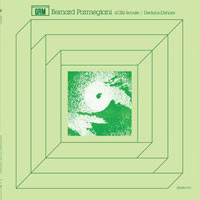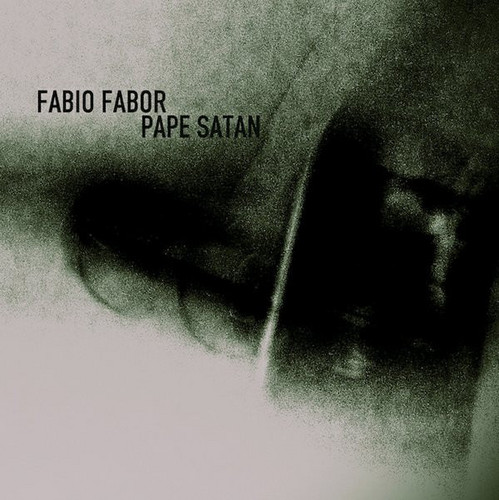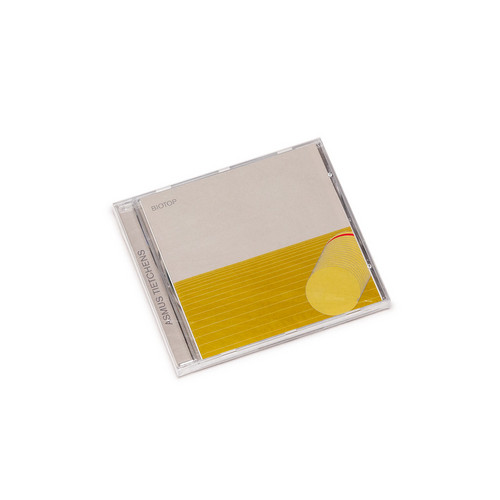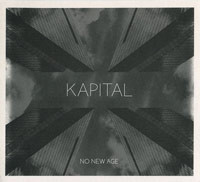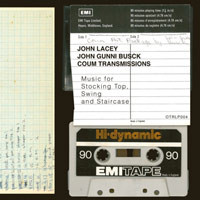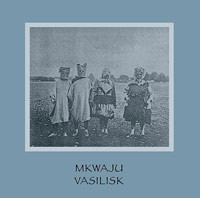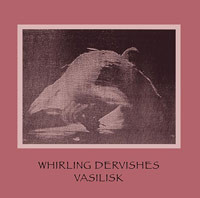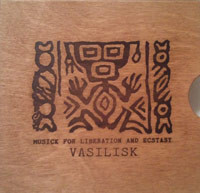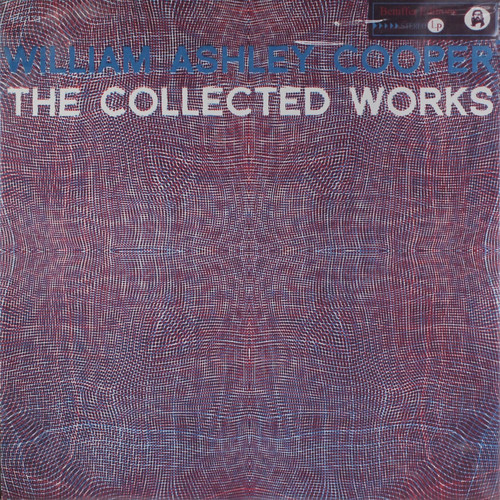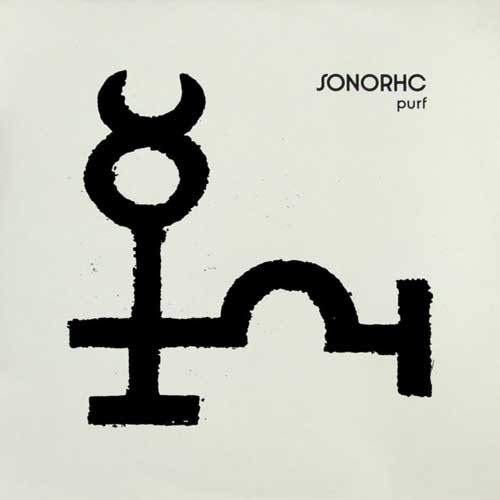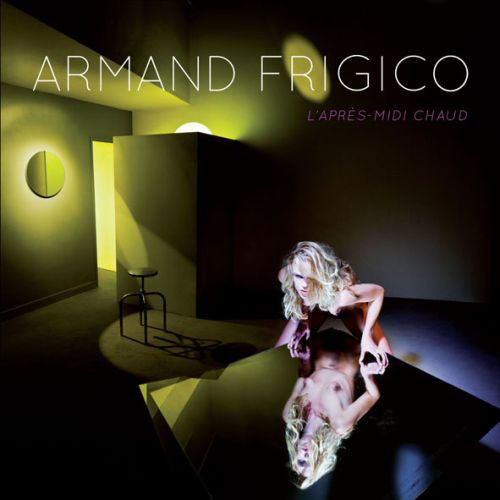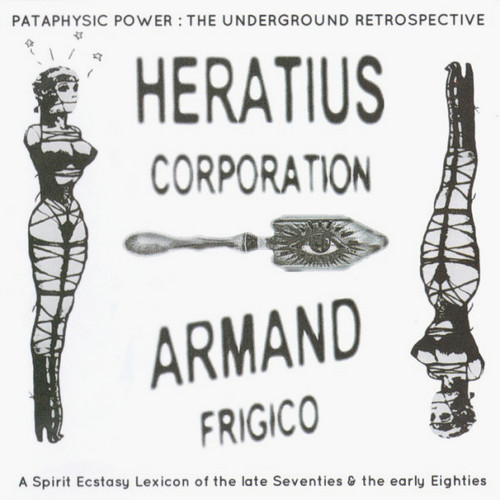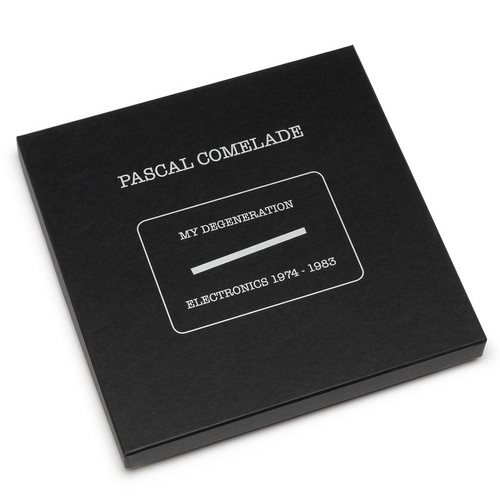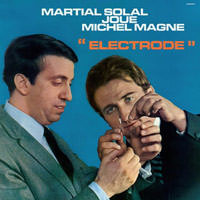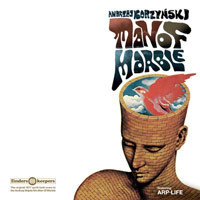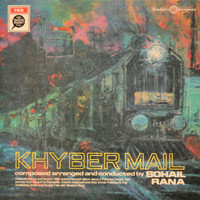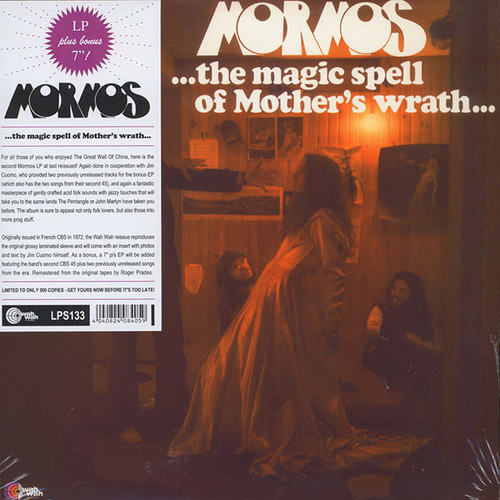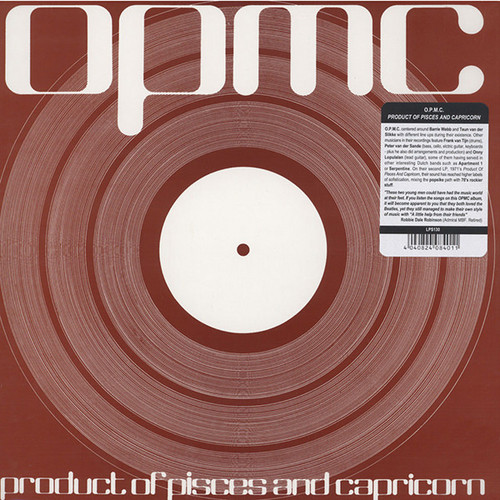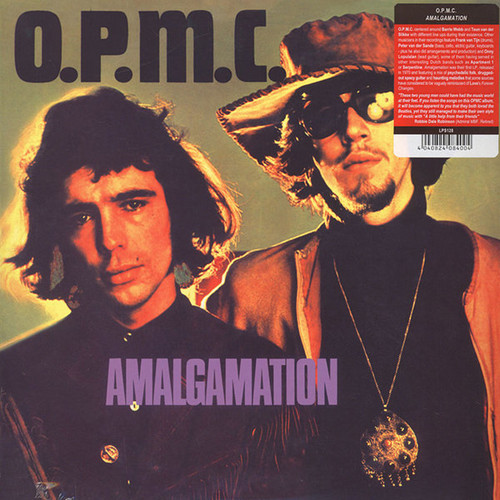Reissues
L' Oeil Ecoute / Dedans - Dehors
2014 Repress. Third release on the newly minted eMego offshoot Recollection GRM, two pieces realized by Bernard Parmegiani in 1970. The former is full of negative space and low, coiling drones. For listeners whose only exposure to GRM came in the…
Pape Satan
**Very last copies, still sealed, light seamsplit on top** A masterpiece. Absolute. There are certain records that burst into the cultural mechanisms of "modernity" of each period, which mould fashions and manners, styles of life and shape the though…
Biotop
Originally released in 1981 on Günter Körber’s Sky Records, Biotop marked a radical and irreverent turn in the early discography of Asmus Tietchens, offering a body of work that neither conformed to the pop idioms it mimicked nor fully abandoned the …
No New Age
Kapital is an encounter of two artists that usually penetrate different musical genres and ideas. It is an encounter of two musical worlds: psychoactive electro-acoustic music generated with electronic instruments and found objects and extreme psyche…
Music for stocking top, swing and staircase
'Music for Stocking Top, Swing and Staircase' is a spellbinding archival discovery documenting a performance by one of the missing links in experimental electronic and prototypical industrial music. John Lacey is one of the background players in Brit…
Holocaust
Re-issue of industrial music's 'holy grail', released back in 1984 on Eskimo Records. Not much is known about this obscure Japanese band, White Hospital are a duo, Jun Konagaya of Grim and Tomo Kuwahara of Vasilisk. In the early 80s Jun formed White …
Mkwaju
Re-issue of Japanese tribal/industrial pioneers, released back in 1988 on Eskimo Records. Originally recorded and mixed in Tokyo from December '87 to May '88, now remastered with additional bonus track. Comes as transparent blue vinyl.
Whirling Dervishes
Re-issue of Japanese tribal/industrial pioneers, released back in 1987 on Eskimo Records. Originally recorded and mixed in Tokyo from December '86 to March '87 now remastered with additional bonus track. Comes as transparent purple vinyl.
Musick for Liberation and Ecstasy
Burn-printed and stained wooden boxset containing: the first 3 albums "Whirling Dervishes", "Mkwaju" and "Acqua", each one with a bonus track - the exclusive album "Live Blood", featuring UNRELEASED recordings from the band's early years - all LPs in…
The collected works
** Edition of 300 copies, double LP comes in a five colour screenprinted gussetted 2xLP jacket with essay on the artist by M.S Horwood. ** Totally synth & Electronic experiments. Bizzarre & Wonderful trip thru Williams work. William Ashley Cooper was…
Purf - Outrelande
Early 70’s, a group of musicians around Jean-François Gaël, André Chini, Philippe Gumplowicz, Pierre Buffenoir and Youval Micenmacher formed Sonorhc in 1971 near Paris. This discreet band had released only three albums in twenty years : « Purf » (LP-…
L' apres midi chaud
The only solo album by Armand Mirallès (Heratius leader) recorded in Montpellier between 1984/1985 on a cassette tape
Pataphysic Power:The Underground Retrospective
Obscure 1970's French underground band cantered around Robert Diaz and Florence Leroy. Other members have included Armand Miralles and Kristof Temple. Feeling like a mix of Etron Fou Leloublan and Faust (in acoustic mode that is), with hints of Alber…
Degeneration Electronics 1974-1983 (Friends Ed.) 5xLP box
Friends edition limited to 99 copies. Records coming on white vinyl in non-glossy black box with white print. It includes a special numbered certificate and a special numbered and signed art object designed by Pascal Comelade himself. This outstandin…
Electrodes
Bringing together two of Finders Keepers leading artists, longtime critical favourites and out-and-out pioneers of the French conceptual rock scene that we at FK HQ often refer to as the No-No years, Cacophonic are proud to present this rare collabor…
Man of Marble
Opening further doors in the sprawling labyrinth of unreleased music by Polish composer Andrzej KorzyÅ„ski, Finders Keepers Records present the soundtrack to the 1977 Polish film Man Of Marble by ‘national filmmaker’ and long-term…
Khyber Mail
Sohail Rana, versatile maestro of film and pop composition, and leading force in pioneering the cultural landscape of modern Pakistan. His longplay masterpiece, Khyber Mail is stocked with groovy eastern moods, electric organ, sitar soul and surf gui…
The Magic Spell Of Mother's Wrath
For all those of you who enjoyed The Great Wall Of China, here is the second Mormos LP at last reissued! Again done in cooperation with Jim Cuomo, who provided two previously unreleased tracks for the bonus EP (which also has the two songs from th…
Product Of Pisces & Capricorn
An even more tuneful set than the first record from OPMC – one that features shorter tunes with a bit more lyrical appeal – and this style of dreamy harmonizing – mostly a mix of acoustic guitar with well-crafted basslines and drums that give thin…
Amalgamation
O.P.M.C. (Oldest Professional Music Company, as they were living in the famous Amsterdam Red Light District in those days) centered around Barrie Webb and Teun van der Slikke with different line ups during their existence. Other musicians in their re…
